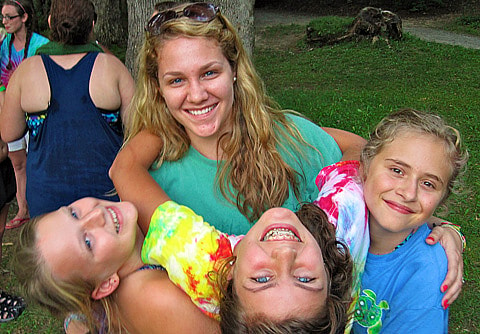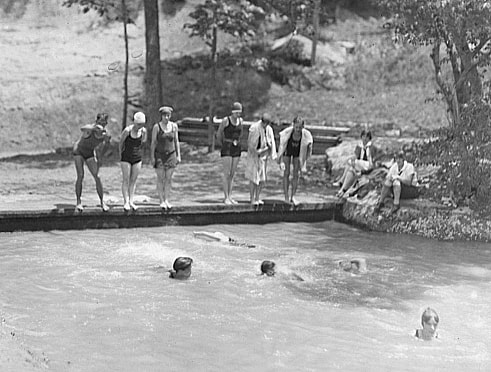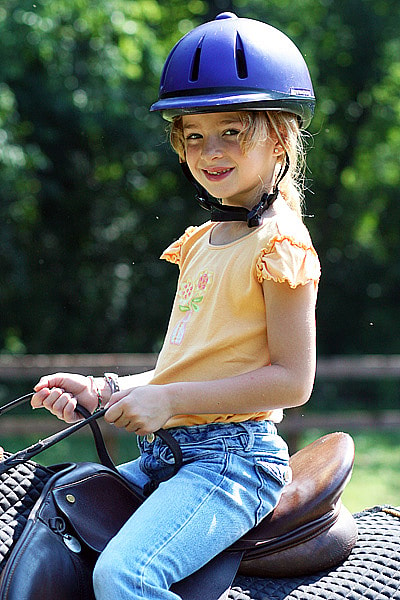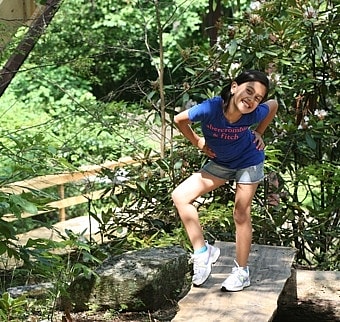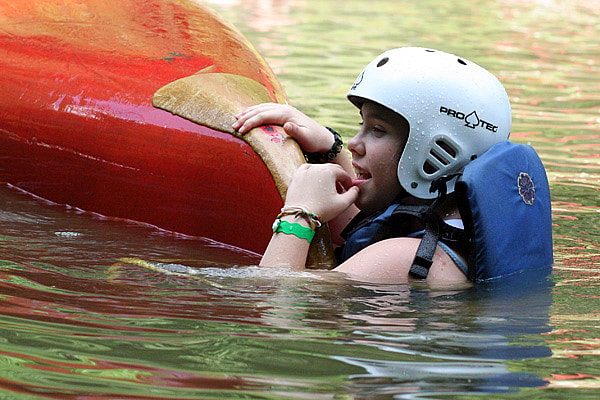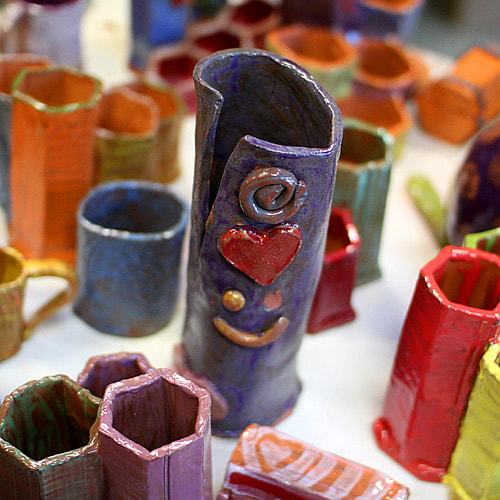It was Franklin D. Roosevelt who reminded us that the only thing we have to fear is fear itself. Camp provides one of the most gentle, nurturing backdrops to encourage girls to face their fears and conquer their anxieties. As counselors we are an integral part of this process. Here are some simple tools to help your campers overcome three common fears at camp.
The Fear of Water
- Start by encouraging the camper to ease into the water. Sit by the lake with only her toes in the water.
- Once the camper is comfortable, move to standing calf-deep in the water. Ask the camper to splash herself with water on her thighs. Once confident with this, splash water on her arms and chest.
- When the camper feels comfortable submerging most of her body in the water help her learn how to get her face wet.
- Sprinkle only “raindrops” on the camper’s face and hair, to mimic the sensation of a shower. Once the camper’s hair is wet ask her to dip her chin underneath the water. Have her then tilt her face toward the surface of the water and get her forehead wet. Once the camper feels very comfortable performing these tasks, move to teach her to blow bubbles underwater.
- Place your index finger in front of the camper’s face. Tell her to imagine your finger is a birthday candle that she must blow out. Once the camper masters the blowing technique, slowly lower your finger having the camper repeat the process until your finger is under the surface of the water and she must have her mouth is the water to “blow out the candle.”
The Fear of Spiders
- Begin by educating your camper about spiders. Explain how important spiders our to our ecosystem and how many good things they do for us. Describe how most spiders do not wish to engage with humans (we are bigger than they are- that’s scary to a little, old spider!), primarily eat insects, and lack the capability to bite a human even if they wanted to.
- Next introduce your camper to some spider-friendly books. In some cases, the more pictures the better, so that the camper can interact imaginatively with a friendly image of a spider. Other campers will respond to you reading aloud about spiders before bed. Some of our favorite books include Charlotte’s Web, Simon and Schuster Children’s Guide to Insects and Spiders, The Very Busy Spider, and The Eensy Weensy Spider Freaks Out!
- Incorporate spider toys as part of your cabin decorations. These could be paper hangings your campers have designed and constructed themselves, toy models of spiders, or stuffed animal spiders. This will help the camper become acquainted with both the form and function of spiders.
- Find a real spider (at camp this is not hard!) Have the camper stand next to you, but at a distance to the spider that she feels comfortable. While in the physical proximity of a spider have your camper recall all the ways in which spiders benefit society. Help her to visually identify different parts of the spider’s body and describe their function.
The Fear of Heights
- Encourage your camper to sign up for gymnastics. Here, she can begin by balancing on the low balance beam and work towards balancing on the full beam.
- Once your camper has slowing exposed herself to these, move to take her on a hike where she can clearly see the altitude increasing, but is assured a gentle path with solid footing.
- Before beginning the hike establish at “scared scale” with your camper. Tell her that at different points in the hike you would like to gauge her fear level. One representing “very comfortable” and ten representing “extremely fearful.”Ask her what number she feels comfortable reaching and tell her the moment she feels that number you will immediately turn around. Each day challenge your camper to get a little farther on the hike.
- Once a camper has acclimated to a height where she feels comfortable spend time with her in this space. Encourage her to engage in activities that relax her in these elevated places. For example, bring a bottle of lemonade for your camper and her cabin mates to enjoy at a mountain summit, or have your camper and her friends make bracelets on a waterfall bridge.
When helping a camper overcome a fear it is important to remember that there is no one-size-fits-all policy that will work for every girl. The key is patience. Your job is to help a camper face her fear when she is ready, but only she can decide when the time is right.




